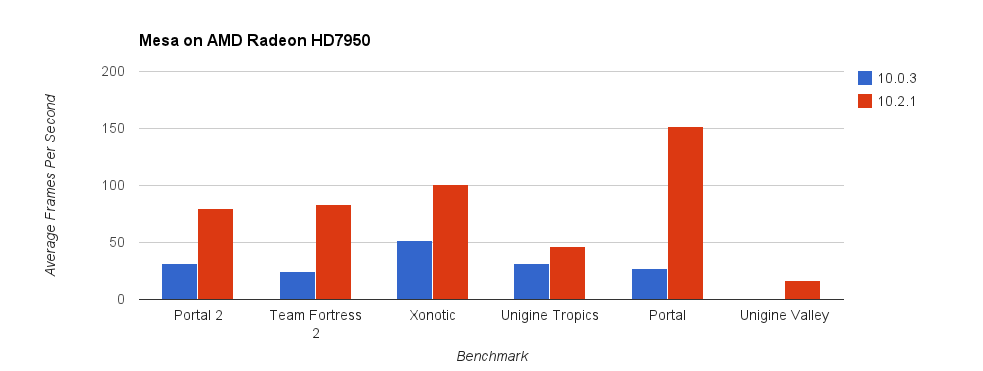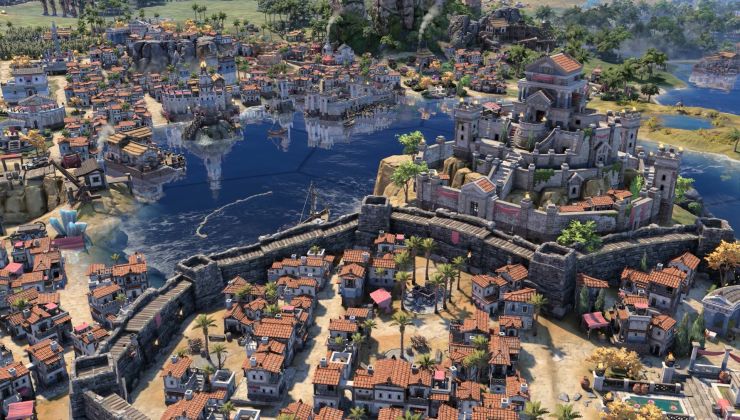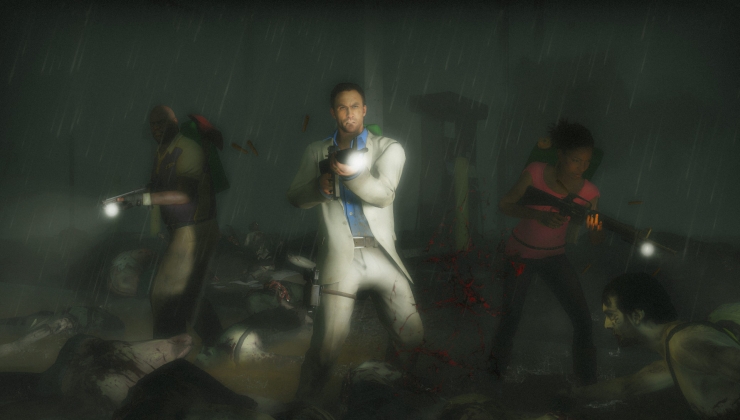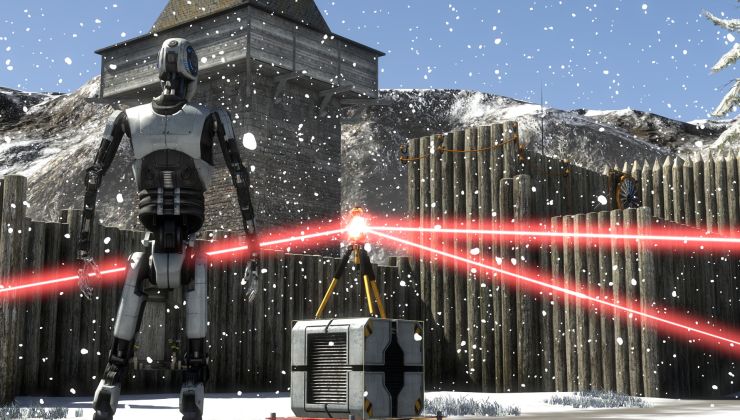Hey people, got a really nice graph to show off today. On a follow up from my last article, loads more work has been done to Mesa and the Radeon driver, and the speed improvement from 10.0.3 to 10.2 is phenomenal.
Before we begin here are the benchmark conditions:
What the benchmark can't help you with:
What this benchmark can help you with:
So with that out of the way, lets examine the results.

These results are taken from the same demo files and settings with only the kernel version and mesa version being changed. You can also see the addition of Unigine Valley which did not actually run on the 10.0 drivers which is a big step up in itself. The other games ran from 46% increases all the way to 462% which I am pretty sure must be a bug in Portal or something because I did not believe my eyes even after running repeated tests :) .
The majority of the source games ran with 2xAA so there is an increase to be seen there when it used to limit the games quite a bit but now it seems its no longer an issue as although not benchmarked here, I can comfortably run each game at a minimum of 40fps now. From these results, its no wonder that AMD wants to drop its catalyst driver for FOSS principles when you see results like this that catalyst just isn't getting on it's own.
As with all Linux projects, 10.3 is already in full swing and will be benchmarked as soon as the arch repository's update with it. For those of you that want the action now need to make sure your kernel is as up to date as your distro can be while still being stable and some distributions have third party providers to newer mesa versions. Arch and its derivatives can download the latest mesa from its repositories along with the latest 3.15 kernel.
In my own opinion we are accelerating at such a speed with these drivers, especially with the news that valve are now supporting its development.
If you would like to see the results, demo files for your own benchmarks, or the system specifications then visit this Google Docs page.
Before we begin here are the benchmark conditions:
What the benchmark can't help you with:
- Showing a great detail on how each card has improved.
- Comparing between FGLRX (proprietary) and Radeon (FOSS).
- Performance in extremely high intensive tasks beyond gaming.
What this benchmark can help you with:
- Showing in good detail how performance has been increased in mesa as a whole.
- What driver you should choose on your next update.
- The general trend in progress, and how the acceleration of development has increased.
So with that out of the way, lets examine the results.

These results are taken from the same demo files and settings with only the kernel version and mesa version being changed. You can also see the addition of Unigine Valley which did not actually run on the 10.0 drivers which is a big step up in itself. The other games ran from 46% increases all the way to 462% which I am pretty sure must be a bug in Portal or something because I did not believe my eyes even after running repeated tests :) .
The majority of the source games ran with 2xAA so there is an increase to be seen there when it used to limit the games quite a bit but now it seems its no longer an issue as although not benchmarked here, I can comfortably run each game at a minimum of 40fps now. From these results, its no wonder that AMD wants to drop its catalyst driver for FOSS principles when you see results like this that catalyst just isn't getting on it's own.
As with all Linux projects, 10.3 is already in full swing and will be benchmarked as soon as the arch repository's update with it. For those of you that want the action now need to make sure your kernel is as up to date as your distro can be while still being stable and some distributions have third party providers to newer mesa versions. Arch and its derivatives can download the latest mesa from its repositories along with the latest 3.15 kernel.
In my own opinion we are accelerating at such a speed with these drivers, especially with the news that valve are now supporting its development.
If you would like to see the results, demo files for your own benchmarks, or the system specifications then visit this Google Docs page.
Some you may have missed, popular articles from the last month:
All posts need to follow our rules. For users logged in: please hit the Report Flag icon on any post that breaks the rules or contains illegal / harmful content. Guest readers can email us for any issues.




 How to set, change and reset your SteamOS / Steam Deck desktop sudo password
How to set, change and reset your SteamOS / Steam Deck desktop sudo password How to set up Decky Loader on Steam Deck / SteamOS for easy plugins
How to set up Decky Loader on Steam Deck / SteamOS for easy plugins
Be careful, still...
Mesa is the software that processes actual graphics for your hardware under OpenGL. For simplicitys sake, Catalyst and Mesa are essentially the same thing just that Mesa is opensource.
Catalyst is the all in one driver.
Mesa + Radeon-Kernel-Stuff = one driver
What distro are you running?
That's great if performances are boosted, I'm not complaining; it's just that the blue columns in the chart seem a bit low to me.
I will concede I did a much more thorough benchmark this time round than last but I did indeed get those low numbers and it was barely playable. I'm not sure what clicked, perhaps a bug somewhere with my card.
My guess is that I'll have to buy the newest/current generation of their card to get the most benefits & support from the driver.
As an IT for more than 10 years I educate people as to which GPU/Vendor they should buy from - if AMD pulls this off I'll be helping all my friends, family, etc... buy AMD. My next Laptop GPU will be AMD for Linux support, etc...
I always saw AMD as "plagued", last night I had a dream that I was picking out a AMD Chipset & CPU for my next build. Funny thing is that's likely what will happen.
Not that I am complaining mind; it is getting to the point with my Radeon HD 4670 that it is the hardware and not the driver performance that is slowing me down on some newer titles. The card is from 2008 after all, and has already given me almost four years solid service.
You should get some improvements as I've seen patches flying around about the r600 series but in general a 4670 is going to struggle against newer titles, although Source & Xonotic should be able to compensate quite well.
I have been keeping my eye out for a new card, but unless I spy a bargain I am perfectly content to stay with my current one for the moment.
Jokes beside, fact is that Intel, Valve and AMD are now throwing "cash" in the form of developers (aka the "better cash") at this topic. I hope they'll iron out some of the long standing mesa issues too (architectual whise, some parts need refactoring badly...).